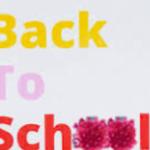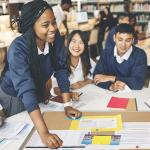What to do?
education
STEM-ming the Slide of Our Educational System
One of my favorite movie lines comes from 10 Things I Hate About You. The father, Walter Stratford, is giving advice to his oldest daughter, Kat:
Literacy is typically defined as the ability to read and write and do basic math. However, in the 21st Century, that is simply insufficient.






